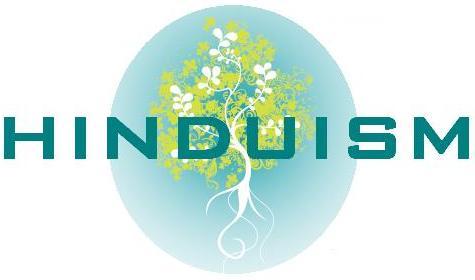 INDIA, February 15, 2015 (Swarajya magazine, by Sanjeev Sanyal): Sanatan Dharma or Hinduism has long suffered from a very basic problem — the difficulty of defining it. One can describe a particular sect, or philosophy, but it is not easy to explain the whole. Thus, it is not uncommon for people to ultimately fall back on saying that it is a “way of life”. Unfortunately, such a definition is neither a meaningful description nor of analytical value. If anything, it causes a great deal of confusion by suggesting that Hindu religion is identical to Indic culture — the two are obviously linked but not exactly the same. The purpose of this article is to investigate the systemic logic of Sanatana Dharma as a whole and the process by with it evolves. It is not concerned here with the philosophical content or daily practice of any of the constituent sects, traditions and philosophies.
INDIA, February 15, 2015 (Swarajya magazine, by Sanjeev Sanyal): Sanatan Dharma or Hinduism has long suffered from a very basic problem — the difficulty of defining it. One can describe a particular sect, or philosophy, but it is not easy to explain the whole. Thus, it is not uncommon for people to ultimately fall back on saying that it is a “way of life”. Unfortunately, such a definition is neither a meaningful description nor of analytical value. If anything, it causes a great deal of confusion by suggesting that Hindu religion is identical to Indic culture — the two are obviously linked but not exactly the same. The purpose of this article is to investigate the systemic logic of Sanatana Dharma as a whole and the process by with it evolves. It is not concerned here with the philosophical content or daily practice of any of the constituent sects, traditions and philosophies.
Most world religions, particularly those of Abrahamic origin, are based on a clearly defined set of beliefs — a single God, a holy book, a prophet and so on. These are articles of faith or axioms from which each of these religions is derived. This why the terms religion, belief and faith can be used interchangeably in these cases. In contrast, it is perfectly acceptable in Hinduism to be a polytheist, monotheist, monist, pantheist, agnostic, atheist, animist or any combination thereof. Thus Hinduism is a religion but not a faith, although constituent sects or philosophies can be termed faiths or beliefs. Instead, it should be thought of as an organic, evolving ecosystem of interrelated and interdependent elements that are constantly interacting with each other (and with the outside world).
Analyzing Hinduism as a complex adaptive system provides many important insights into the functional architecture of Sanatana Dharma. It shows that the key strength of Hinduism has been its ability to evolve, adapt and innovate. This ability needs to be actively enhanced and strategically deployed in order to keep Hinduism healthy. For instance, it may be time to revive the tradition of writing new smriti texts, a practice that went into decline in medieval times. Some orthodox Hindus may consider this presumptuous but, as already discussed, it would be in keeping with the inherent logic of Sanatana Dharma.





